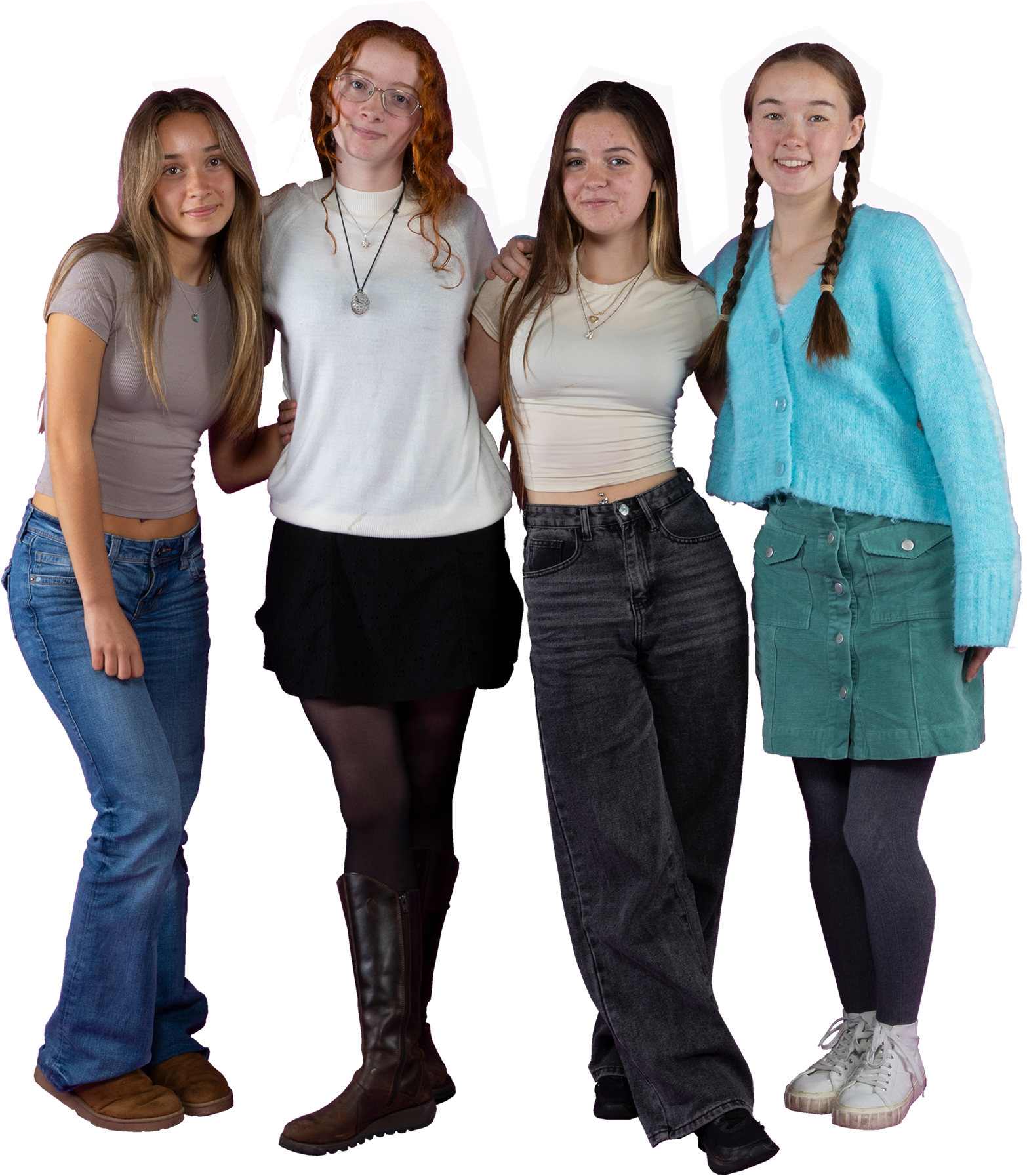English Literature
English Literature
Head of Department
Mr T Ashley, BA (Hons)
Statement of Intent
We believe that nurturing a lifelong love of literature and appreciation of the power of language is vital for students' social and moral development; sense of belonging and happiness.
Our curriculum is ambitious, sequenced, knowledge-rich and underpinned by the cumulative acquisition of skills.
Our Literature text choices from Y7 to Y13 are diverse and challenging to ensure all students build a body of knowledge that develops both their appreciation of literature and their cultural capital. The curriculum map shows the sequence through genres and time periods to enable students to apply and extend knowledge as they progress through the curriculum. Our curriculum covers 6 core areas of English Language and English Literature: prose, poetry, Shakespeare/Drama, writing (creative and non-fiction), wider reading and independent learning.

All core areas interleave the following 7 skills:
- structure and Coherence: this is the understanding that texts are put together with intent. Once students understand this about the texts they read, they think differently about the way they write;
- spelling, punctuation and grammar: this is taught as a fortnightly lesson in y7; decontextualized from the curriculum texts. This is to teach and embed the skills in the first year as grammatical rules and not attached in long-term memory to a specific text/task. Research shows that this approach is more robust in terms of retaining knowledge of SPAG. From y8 onwards, SPAG is reviewed throughout units to secure knowledge and introduce new vocabulary and sophisticated use of punctuation and sentence structures;
- awareness of impact: this is the understanding that writing is shaped by the priorities of a writer and the needs of a reader. This includes the teaching of genre, audience, purpose vocabulary, tone and style;
- understanding context: this is crucial to making sense of and appreciating texts. The knowledge of context of production and reception is an essential aspect of Literature changes the way students read and respond to a text. Our curriculum introduces the importance of context from y7 and the range of themes and context that our curriculum texts cover is diverse; shaping our students to have an insightful understanding of many aspects of pre and post-1900 society across cultures;
- using evidence: our students are taught the SQI (statement/quote/inference) method from Y7 in order to develop an academic style of writing that is about shaping a critical response by interpreting the writer’s craft through signposted inference;
- analysing methods: this is understanding that writers use a variety of linguistic and structural techniques to achieve their intent;
- oracy: our curriculum aims to facilitate classrooms rich in talk in which questions are planned, and peer conversations are modelled and scaffolded to ensure students develop the confidence to effectively articulate their views and to work cooperatively.
A Level Course Outline
The AQA A course approaches the study of literature through the lens of historicism, encouraging the independent study of a range of texts within a shared context. This unifying approach facilitates the inclusion of a range of wider reading, thus extending students’ experience and appreciation of literature.
Higher Education and Career Opportunities
About 40% of our students choose to study English as part of their degree, and this can lead to a wide- range of careers in Business, Local Government, Teaching, Law, Journalism and the Media.
Course Content
|
Examination Board |
AQA |
Full details of the specification and assessment criteria can be found on the AQA website |
|---|---|---|
|
A Level |
Unit 1 |
Paper 1 - Love Through The Ages (40%) |
|
Unit 2 |
Paper 2 - Texts in Shared Contexts (40%) |
|
|
NEA |
Non-examination assessment: Independent Critical Study (20%) |
Curriculum Programmes of Study
|
Year |
Cycle | Content | |
|---|---|---|---|
|
Year 12 |
Cycle 1 |
Unit 1 | Unit 2 |
|
Love Through the Ages: an introduction + wider reading launch Pre-1900 love poems: |
Modern Literature: an introduction + wider reading launch |
||
|
Cycle 2 |
The Great Gatsby |
Modern Literature: exploring typical themes and ideas |
|
|
Cycle 3 |
NEA launch, guided planning (focus on research/writing skills/using critics/referencing) |
NEA launch, guided planning (focus on research/writing skills/using critics/referencing) |
|
|
Year 13 |
Cycle 1 |
Shakespeare's play: Othello |
Modern Literature Handmaid’s Tale and Feminine Gospels knowledge interleaved to support consolidation. |
|
Cycle 2 |
Mock: Othello Unseen poetry: Browning, Duffy, Rossetti, Millay, Clare, Marvell, Jonson, Thomas, Dyer and Dunn Assessment: unseen poetry |
Mock: Top Girls + Handmaid’s Tale & Feminine Gospels |
|
|
Cycle 3 |
Rotation of all unit 1 texts: |
Rotation of all unit 2 texts: |
|

